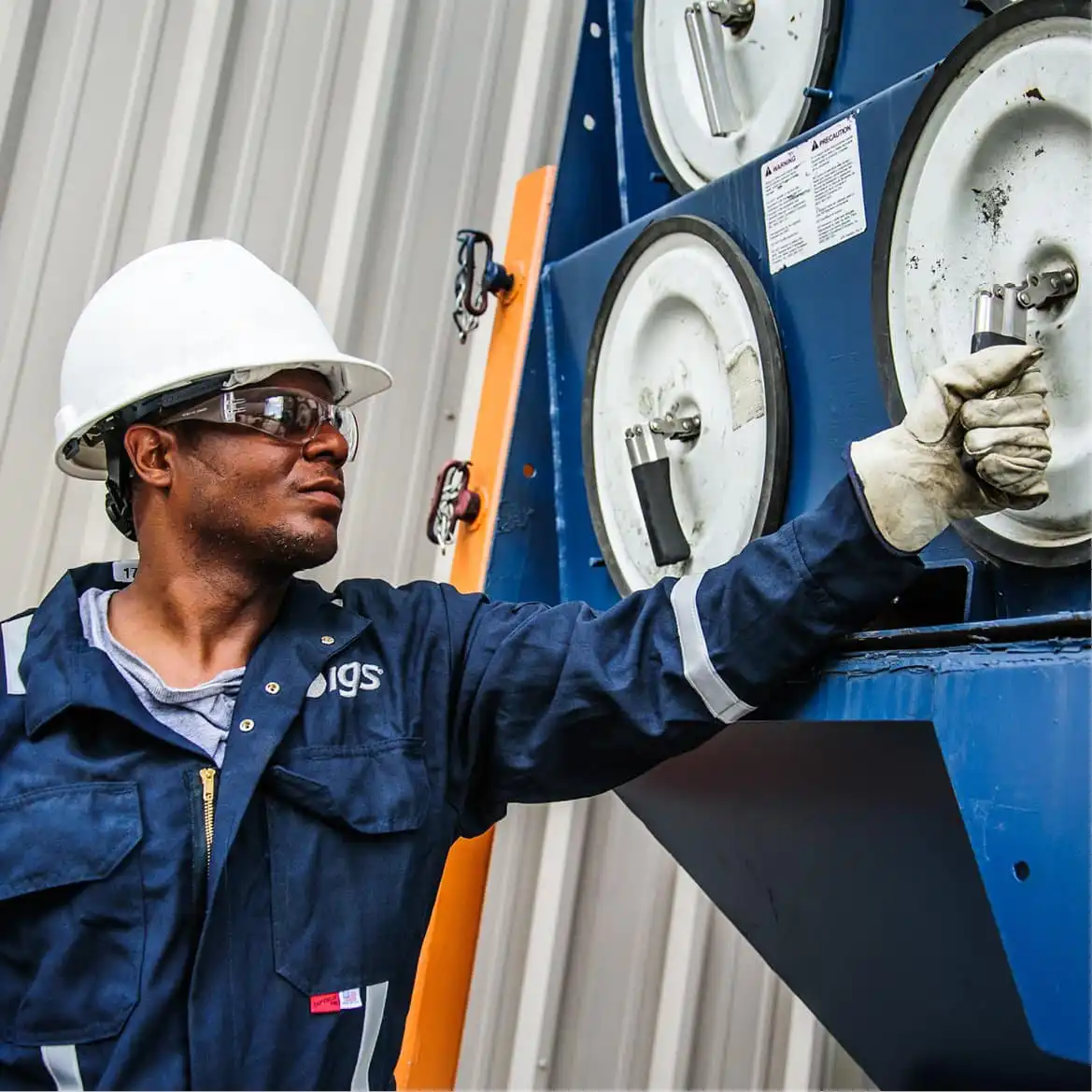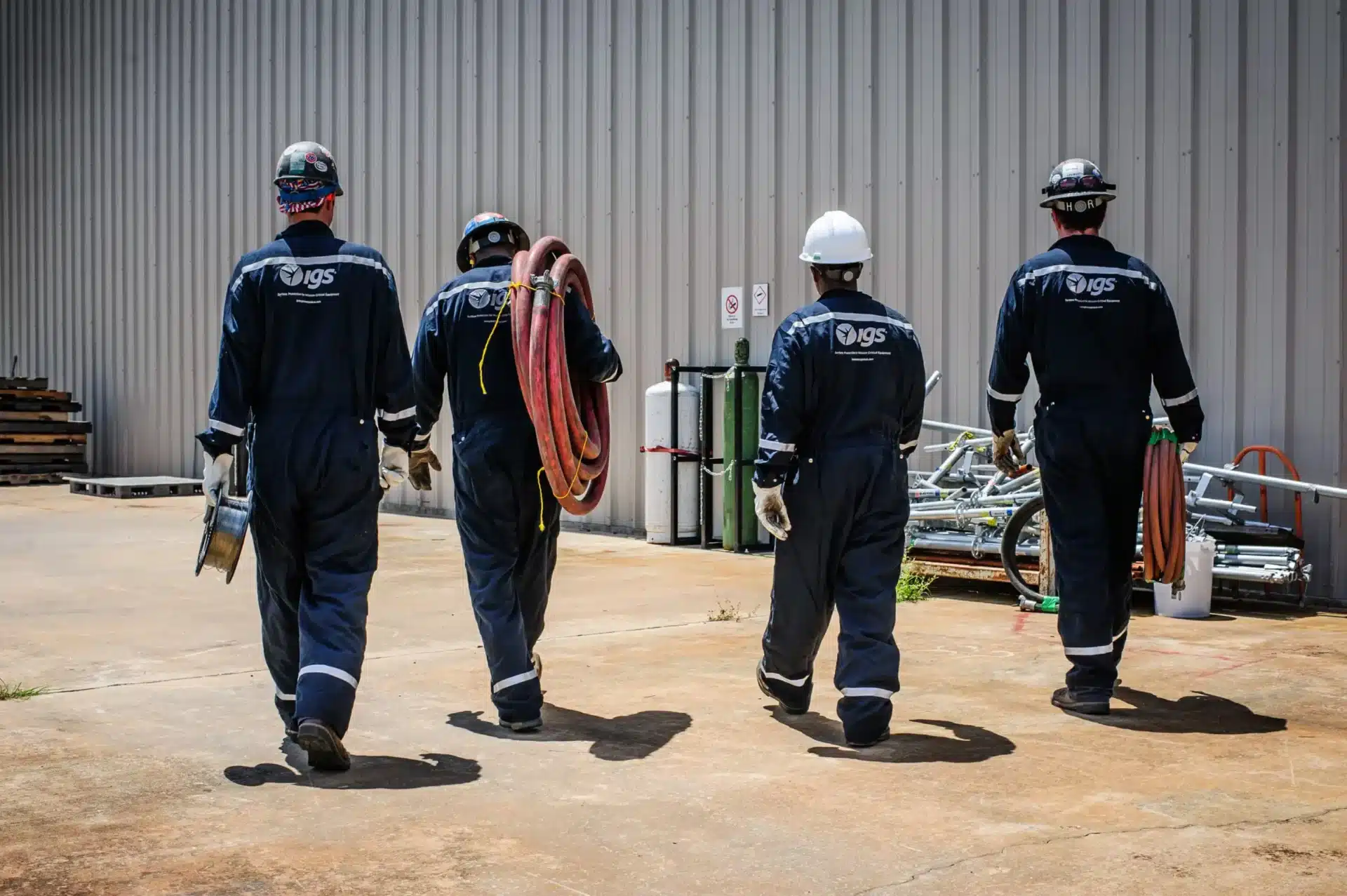Delayed Coker Heaters (DCU)
Thermal Cracking inside the Radiant Tubes
DCU heaters are responsible for increasing the temperature of the heavy feedstock from the bottoms of the distillation columns, to a point where a thermal cracking reaction is initiated and continues to create petroleum coke in the coke drums, downstream.
Consequently, a degree of thermal cracking takes place inside the radiant tubes of the DCU heaters. This leads to coke formation on the inside of the tubes, especially at the outlet of each pass, which has significant effects on the efficiency of the process.


Coke Formation Inside Delayed Coker Heater Tubes
The coke layer insulates the feedstock from the radiant heat, resulting in the need for an increased firing rate to maintain the process outlet temperature. This increases the coking rate and also increases the tube metal temperature so that excessive oxidation and scale formation takes place on the outside of the tubes.
It is necessary to de-coke the radiant tubes frequently (approximately every 3 months, depending on feedstock quality). The tube metal temperature triggers the timing of the de-coke.
Clearly, in DCU heaters a major operating control parameter is the tube metal temperature. This is normally measured by thermocouples (TI) and IR thermography. Since TIs tend to fail after a relatively short time, IR thermography becomes the accepted method. Unfortunately, when scale grows on the outer surfaces of the radiant tubes, this method is also unreliable. IR thermography measures the temperature of the scale, not the metal. Since the scale layer is insulating, the measured temperature is always higher than the underlying metal by an amount depending on the scale thickness.
Engineered Ceramic Coating to Reduce DCU Coking Inside Radiant Tubes
Cetek developed and patented a method, using ceramic coatings, to overcome this serious issue. Ceramic coatings stop oxidation, so IR thermography becomes reliable. By engineering the coating application, using high and low emissivity coatings on the tube surfaces and combining them with high emissivity coatings on the refractory surfaces, the absorbed heat flux inside the delayed coker heater may be manipulated to reduce coke formation on the inside of the tubes and extend the time between necessary de-cokes.

As a division of Integrated Global Services, Inc, Cetek provides ceramic coating services for DCU heaters on-site in all parts of the world. Call us or contact on-line to talk to our experts and engineer a solution.
Our Welding Services
Extend asset life and safeguard critical infrastructure with IGS’s industry-proven automated welding services


I’m here to help
Colin Bateman
IGS Subject Matter Expert
Free consultation with an IGS Subject Matter Expert
Leave us a note or start a chat with our operator to learn more about what we offer in corrosion and erosion prevention in WtE and Biomass circulating fluidized bed boilers.
